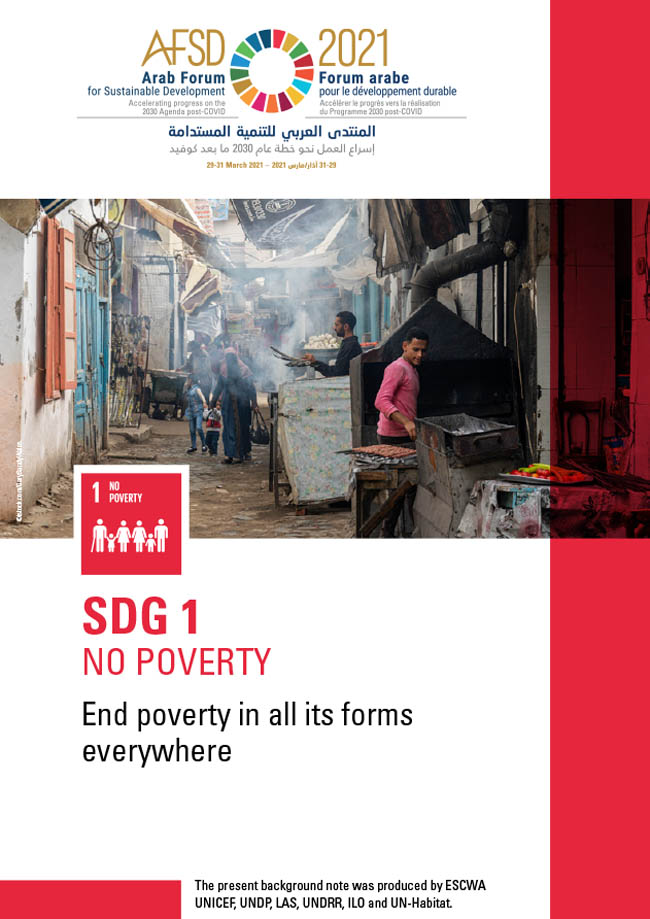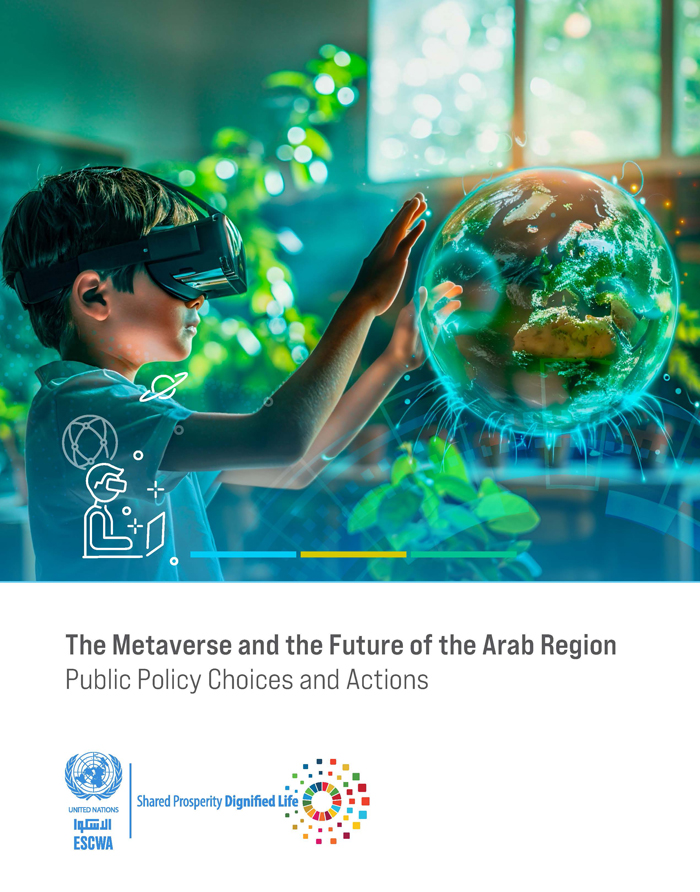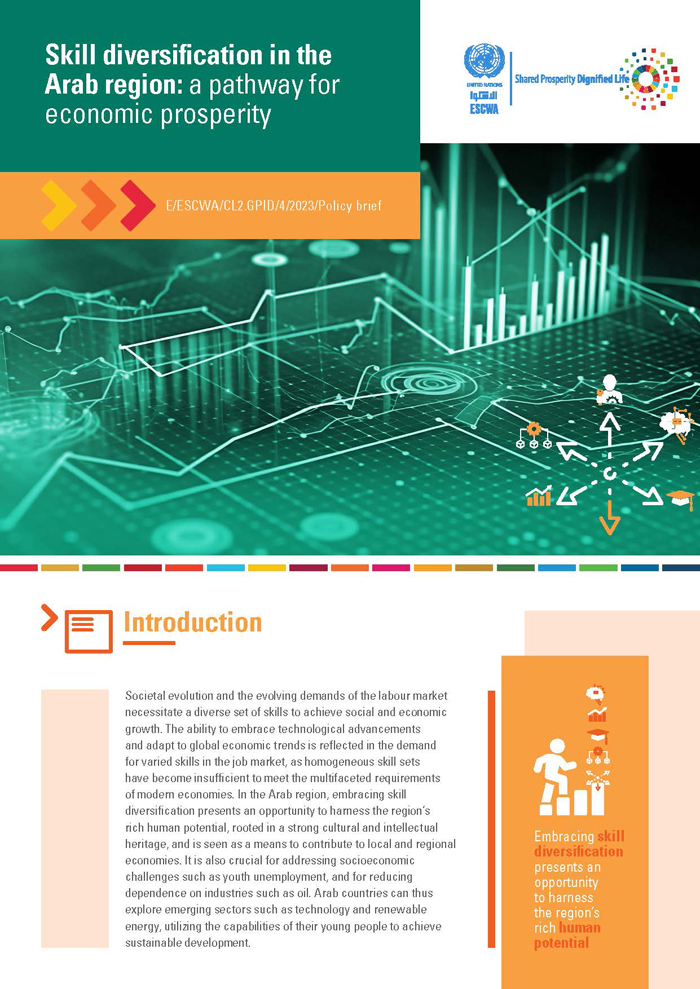
Country: Arab region
Publication Type: Information material
Cluster: 2030 Agenda and SDG Coordination
Focus Area: 2030 Agenda
Initiatives: Arab Forum for Sustainable Development
SDGs: Agenda 2030, Goal 1: No Poverty
Keywords: Covid-19, Arab countries, Poverty
SDG 1 No Poverty
March 2021
Poverty and inequality are widespread across the Arab region. While the number of people living in extreme income poverty has dropped by more than half since 1990 in all developing regions, it increased in Arab countries where 115 million people are still struggling to secure their basic human needs. Extreme poverty is particularly high in the Arab least developed countries. Conflict, political instability and displacement in some Arab countries, especially since 2010, have had a strong negative impact on the poor and middle class. Anaemic long- term growth, high youth unemployment, and low productivity growth have also characterized the region for over a decade (SDGs 8 and 9). Efforts to tackle poverty have not adequately addressed multiple deprivations, rural-urban and subnational divides, or the accentuated vulnerability of various social groups (SDGs 2, 3, 4, 5, 6, 7, 10, 11 and 13).
These structural challenges have been aggravated by the COVID-19 crisis, with a strong negative impact on the region’s poor and middle class. Integrating social and environment dimensions in economic planning is necessary for Governments to mitigate the impact of such crises, prevent people from falling into poverty, and make progress on SDG 1. Strong political will is also imperative in designing social and redistributive policies to counter increasing inequality and exclusion, and to expand access to social protection (SDGs 16 and 17).
Related content
2030 Agenda
,
Poverty and inequality are widespread across the Arab region. While the number of people living in extreme income poverty has dropped by more than half since 1990 in all developing regions, it increased in Arab countries where 115 million people are still struggling to secure their basic human needs. Extreme poverty is particularly high in the Arab least developed countries. Conflict, political instability and displacement in some Arab countries, especially since 2010, have had a strong negative impact on the poor and middle class. Anaemic long- term growth, high youth unemployment, and low productivity growth have also characterized the region for over a decade (SDGs 8 and 9). Efforts to tackle poverty have not adequately addressed multiple deprivations, rural-urban and subnational divides, or the accentuated vulnerability of various social groups (SDGs 2, 3, 4, 5, 6, 7, 10, 11 and 13).
These structural challenges have been aggravated by the COVID-19 crisis, with a strong negative impact on the region’s poor and middle class. Integrating social and environment dimensions in economic planning is necessary for Governments to mitigate the impact of such crises, prevent people from falling into poverty, and make progress on SDG 1. Strong political will is also imperative in designing social and redistributive policies to counter increasing inequality and exclusion, and to expand access to social protection (SDGs 16 and 17).


